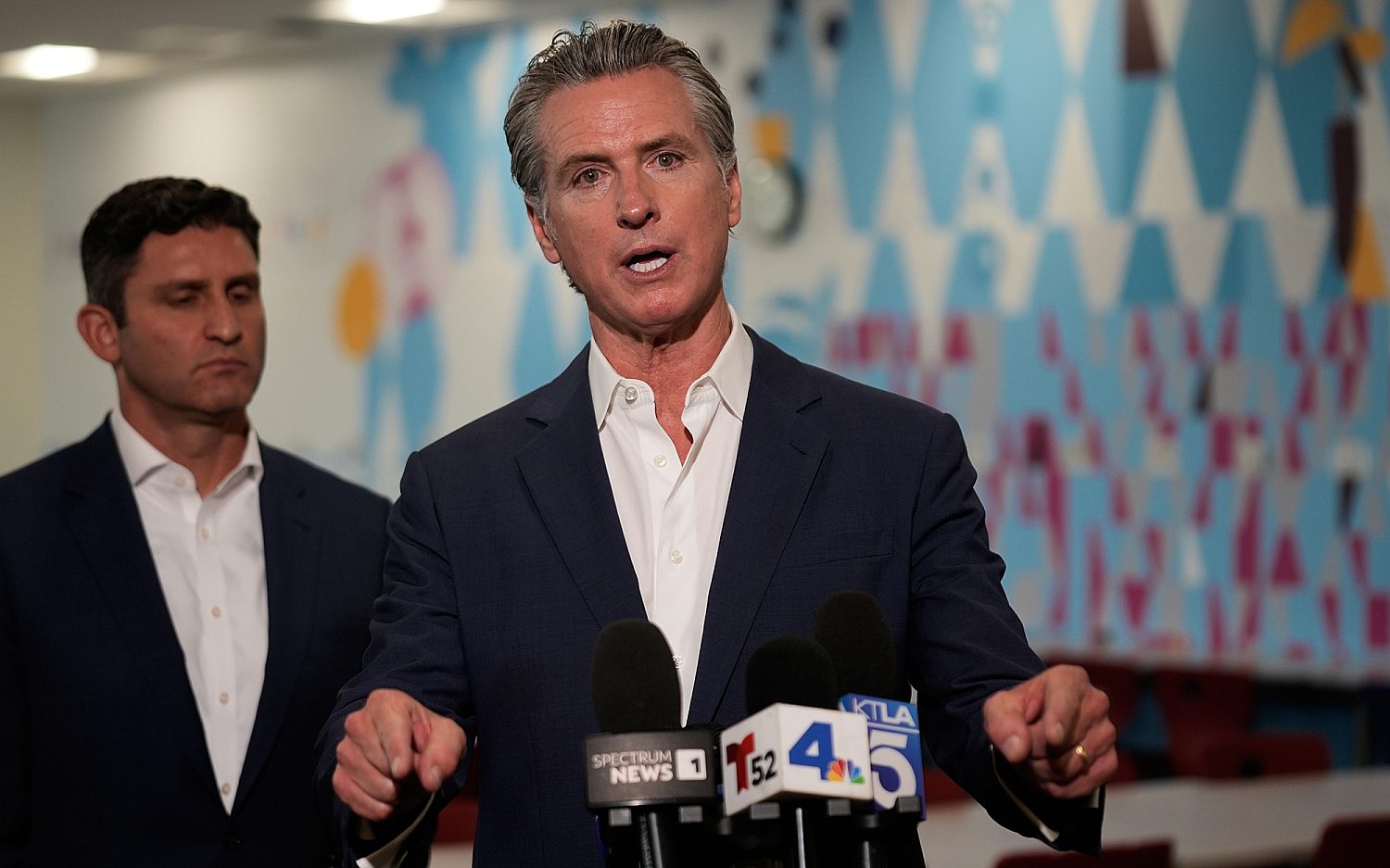Globe Trot 09.17
So much for Washington’s foreign policy pivot from the Middle East to Asia. The Obama administration is working itself into a bigger and bigger twist. On Sunday U.S. Ambassador to the UN Susan Rice did the talk-show tour to blame violence against U.S. installations in the Middle East on “a very hateful video on the internet” and to insist that the attacks that resulted in the death of U.S. Ambassador Chris Stevens were “spontaneous,” not planned or in any way connected to the anniversary of 9/11.
At the same time, Libyan President Mohammed el-Megarif carried a different message to the Sunday circuit. “The idea that this criminal and cowardly act was a spontaneous protest that just spun out of control is completely unfounded and preposterous,” Megarif told National Public Radio. “We firmly believe that this was a pre-calculated, pre-planned attack that was carried out specifically to attack the U.S. Consulate.” Megarif went so far as to say the attack on the U.S. Consulate in Benghazi bore the markings of an al-Qaeda attack.
Calling them liars is really not the right way to start off a working relationship with the nascent democracies formed out of the Arab Spring—especially one that came into being as a result of a seven-month military intervention on the part of the United States and its NATO allies. Megarif is hardly alone in believing there’s strong evidence the attack in Libya was planned. The New York Times, Le Figaro, and others have reported detailed accounts by Libyan officials showing that anywhere from 20 to 100 militant terrorists likely organized the attack in Benghazi using RPGs and assault rifles.
James Phillips at The Heritage Foundation told WORLD on Friday, “This looks like a full-bore military assault with about 50 people involved.”
And if you’re the sort who likes to see it all graphed out, here’s some provocative data from the Recorded Future showing via web analysis whether the attacks could have been foreseen.
Here’s a brief rundown of developments today, as protests continue.
China won’t go away, either. The worst diplomatic crisis in the region since 2005—a dispute over islands in the East China Sea between Japan and China—is likely to prove more damaging to Asian auto and other manufacturing than Japan’s 2011 earthquake.
U.S. Defense Secretary Leon Panetta is meeting with leaders in Japan today, as Japanese companies close factories across China after a weekend of protests in more than 50 Chinese cities.
More than 82,000 people have applied for a program that legalizes their status in the United States. The program, launched by a June executive order by President Obama, marks the most dramatic shift in immigration policy since 1986
The government in Myanmar, also known as Burma, announced it was releasing 514 prisoners under an amnesty program, including political prisoners and foreigners.
Former political prisoner Aung San Suu Kyi travels to the United States this week to receive a Congressional Gold Medal, as new attention is focused on her “Buddhism problem.”
And for all that … it’s 99 days until Christmas. Let the shopping countdown begin.
An actual newsletter worth subscribing to instead of just a collection of links. —Adam
Sign up to receive The Sift email newsletter each weekday morning for the latest headlines from WORLD’s breaking news team.





Please wait while we load the latest comments...
Comments
Please register, subscribe, or log in to comment on this article.